
Saga's Automated Assistant
What product would you like to discuss today?
Saga's Automated Assistant
Do you currently have a policy with us?
How does your policy number appear on your documents?
The 2030 timeline to ban the sale of new petrol and diesel cars has now been reinstated, having been pushed out to 2035 by the previous government.
First proposed as part of the government's clean air strategy in 2017, the ban is designed to drastically reduced vehicle emissions. It forms part of the government's ten-point plan for a green industrial revolution, delivering on the UK's pledge to be net zero on greenhouse gases by 2050.
You’ll still be able to drive your petrol car or buy a second-hand model. The ban is just on the sale of new petrol cars. Petrol will still be available after the ban comes into place, but it may become more expensive over time.
No, cars that combine an electric motor with a combustion engine will still be allowed on roads after 2030. By 2035, however, you will no longer be able to buy a new hybrid vehicle because both cars and vans will need to be zero emissions at the tailpipe.
Yes, you can. It’s okay to drive a used diesel car but not to buy a new one. Most manufacturers are already phasing out internal combustion engine cars and making a commitment to EV. Once the 2030 car ban is in place, when you go into a UK showroom to buy a new car your only options will be to go fully electric or choose a vehicle powered by hydrogen.
Yes. There are more than half a million classic cars registered in the UK and most of them are over 40 years old, which means they are exempt from an emissions charge. For classic cars that are not exempt, research is going into e-fuels as alternatives to petrol but these are proving expensive. The cost of converting a classic car to electric is pretty pricey too.
If knowing you’re doing your bit to improve air quality hasn’t persuaded you to switch yet, it may come down to affordability and value. You’ll need to factor in mileage, the number of charging points, speed of charging and running costs when thinking about buying an electric vehicle.
According to the government’s 2021 Opinions and Lifestyle Survey (OPN) in, 44% of all petrol, diesel and hybrid drivers said they were either likely or very likely to switch to an all-electric vehicle in the next ten years.
There's positive news about charging accessibility across the country, with the government promising to make it easier and quicker for local councils to install new charging points.
As the 2030 deadline approaches, the value of electric cars may be more stable than their petrol counterparts. However, with petrol cars having a lifespan of around 14 years, a car bought in 2030 could be on the road until at least 2044.
There are likely to be many more secondhand petrol cars and vans on the market by 2035 though, which may drive their value down. It’s worth keeping an eye on the used electric car market when making cost comparisons too.
There are several advantages such as no road tax or low-emission zone (ULEZ) charges to pay and maintaining your EV should be cheaper as well with fewer parts to service. Access to charge points is getting easier with installation grants available for home charging points.
Running out of charge while driving is still a concern among would-be EV adopters. Having Saga’s electric car insurance means you don’t need to worry about range anxiety because you’re covered for a battery recharge if you run out of juice on the road.
We will also cover battery replacement as a result of accident or fire, trip liability and cover for accidental damage, theft or fire to your cables and charging equipment.
Saga Car Insurance is arranged and administered by Ageas Retail Limited and underwritten by Ageas Insurance Limited.
If you're looking for an electric vehicle policy, we offer car insurance for a variety of electric cars for people over 50.
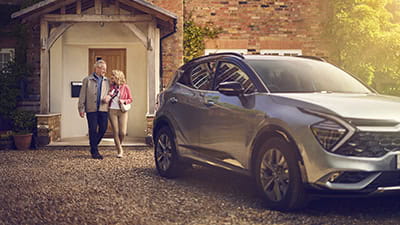

Choose our highest car cover level Saga Plus and freeze the price of your car insurance for 2 years if nothing changes. T&Cs apply.
There's plenty to explore and learn about our car insurance cover.

Find out everything you need to know about electric cars and the congestion charge in London.

Get to know the ins and outs of our car insurance and how you can make the most of your cover
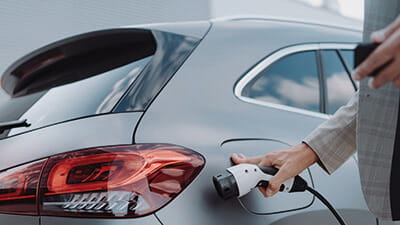
If you’re thinking of driving towards a greener future, here’s what you need to know about electric car insurance.
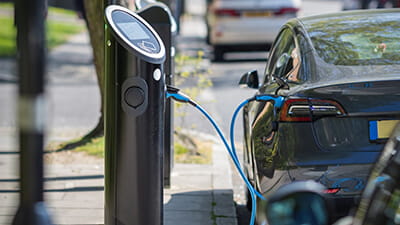
Discover the tax benefits that come with buying and driving electric cars.

Find out which medical conditions have to be declared for car insurance and to the DVLA.


Understand how to earn and keep a no claims discount and how it can positively impact your car insurance costs.

The UK has some of the best road trip destinations in the world. But which road trips are best suited to electric cars and the specific model you have? We’ve analysed things like distance and availability of charging points along the best roads the UK has to offer.
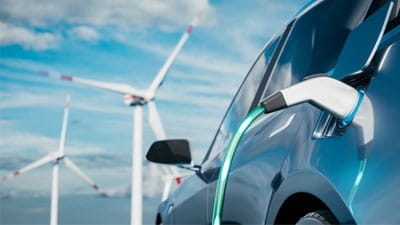
There’s lots of options to keep your electric car fully charged and ready to go so you can enjoy driving without worries.
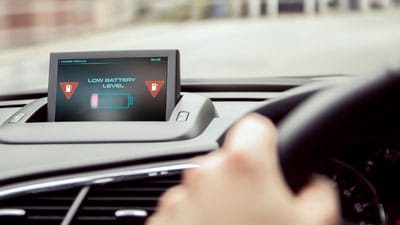
Are electric cars as reliable as petrol and diesel? Battery life needn’t be a barrier to switching.
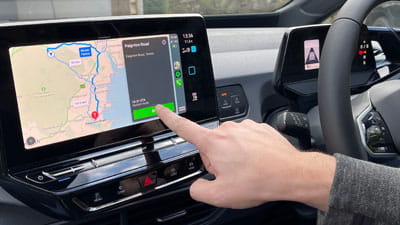
How do you know if your electric car charge is enough for your journey? We help you work it out.

Check which car tax band your vehicle falls into using our handy guide.


Find the right service for you using our handy guide to achieving a balanced car servicing schedule.
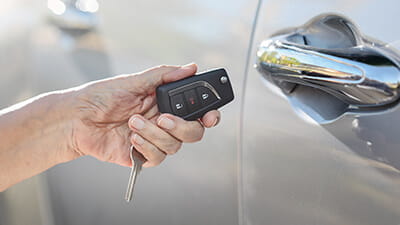
Losing a pair of car keys can be hugely frustrating, but could Car Key Protection Cover give you valuable protection?
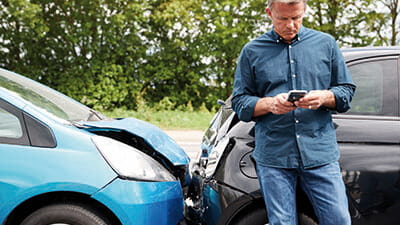
Has your car been damaged in an accident? Find out when your car might be written off and what to do if it is.

We make choosing the right electric car charger for your home and new car simple.